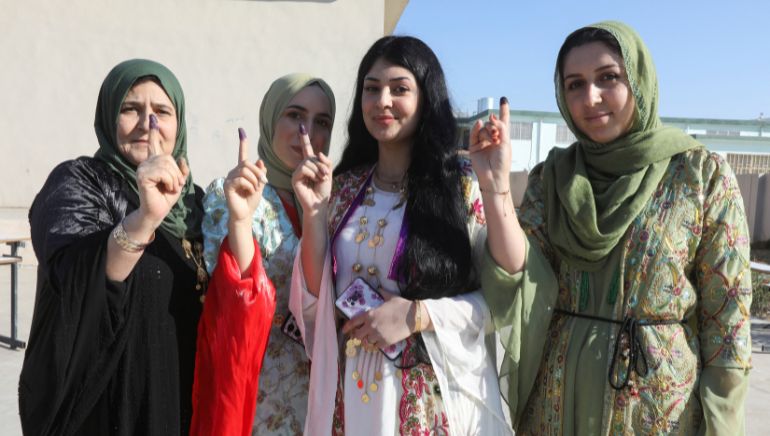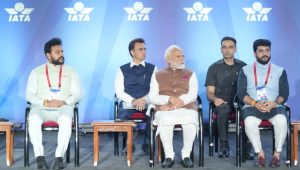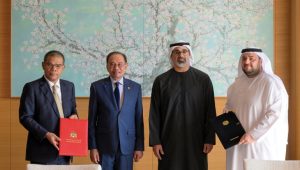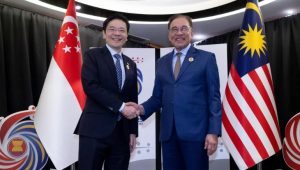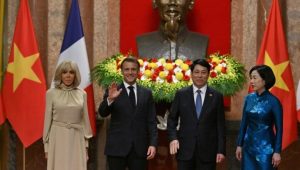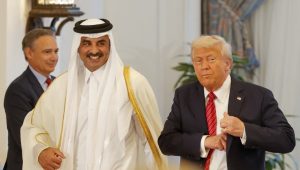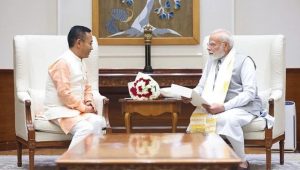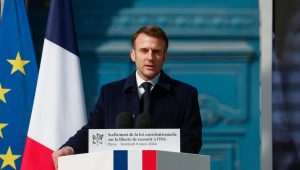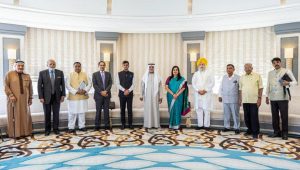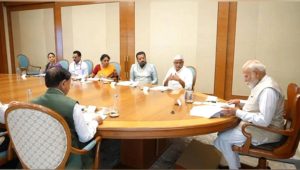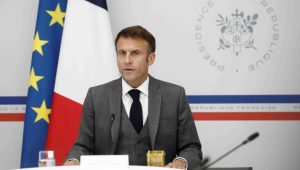After a decade of delay, Iraqis voted in local elections Monday, with apathy trumping excitement. Only 41% turned out, mirroring the 2021 parliamentary vote. Disillusionment among youth, plagued by unemployment and corruption, is likely the culprit.
Despite the sluggish turnout, the stakes were high. The election, seen as a precursor to 2025’s general vote, tested the balance of power in a nation where Iran-aligned groups hold increasing sway. Local elections last took place in 2013. They were postponed due to the war against Islamic State militants who took over large parts of Iraq but were eventually defeated.
Voting took place in 15 of Iraq’s 18 provinces to select 285 council members who appoint powerful provincial governors and oversee local administration.
With populist cleric Moqtada Sadr boycotting, his Shi’ite rivals, especially the Iran-linked Coordination Framework, are poised to strengthen their grip on local councils. This, analysts say, solidifies their access to oil wealth and control over local services.
Security concerns were limited, even in oil-rich Kirkuk, where tensions recently flared. But political intrigue was abundant. Sunni leaders Halbousi and Khanjar joined forces, while Shi’ite factions, despite fielding separate lists, promised post-election collaboration.
While low turnout was no shock, Sajad Jiyad, an Iraqi analyst, warns it reflects a deeper public discontent: “Election results don’t matter if the same faces rule anyway.”





